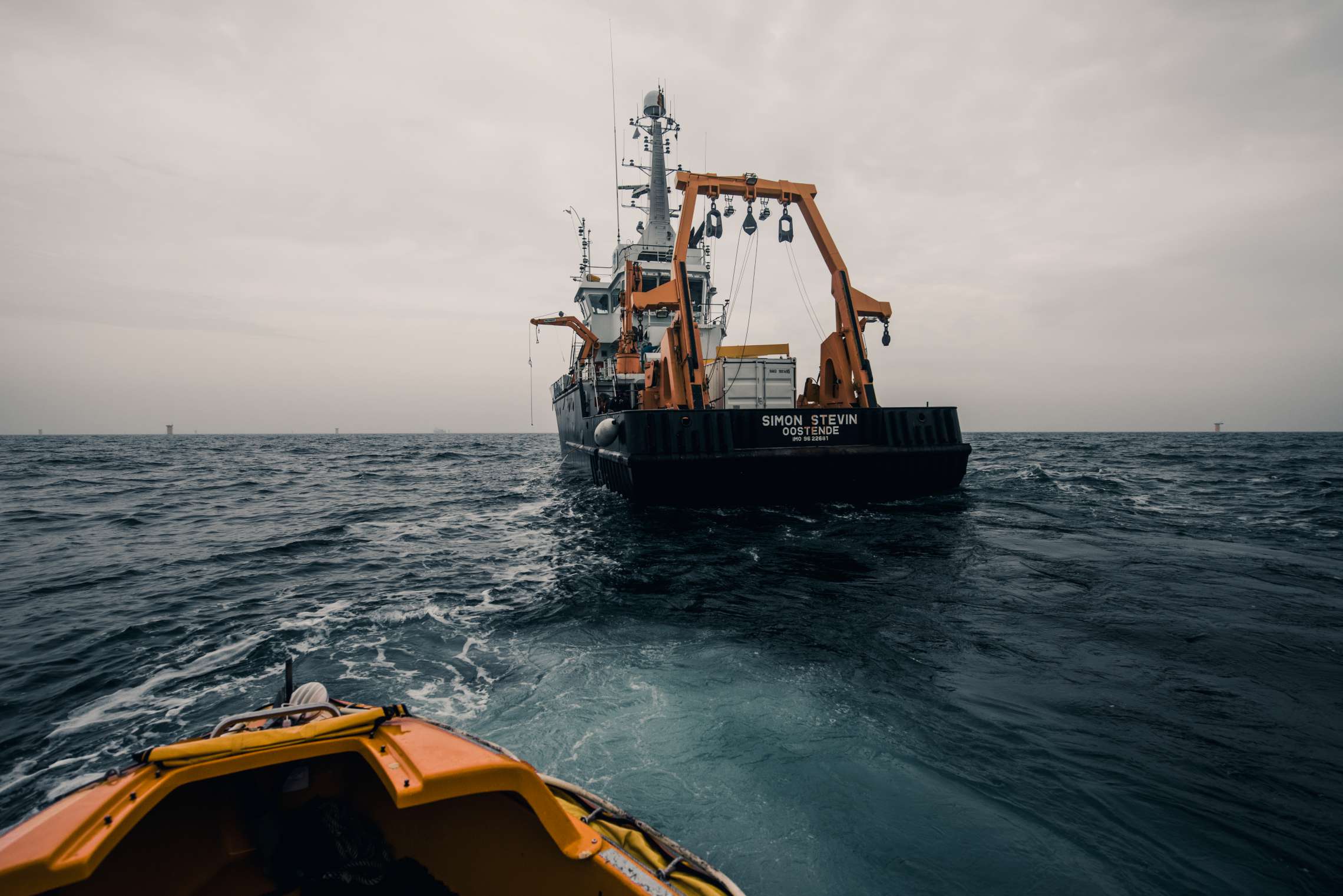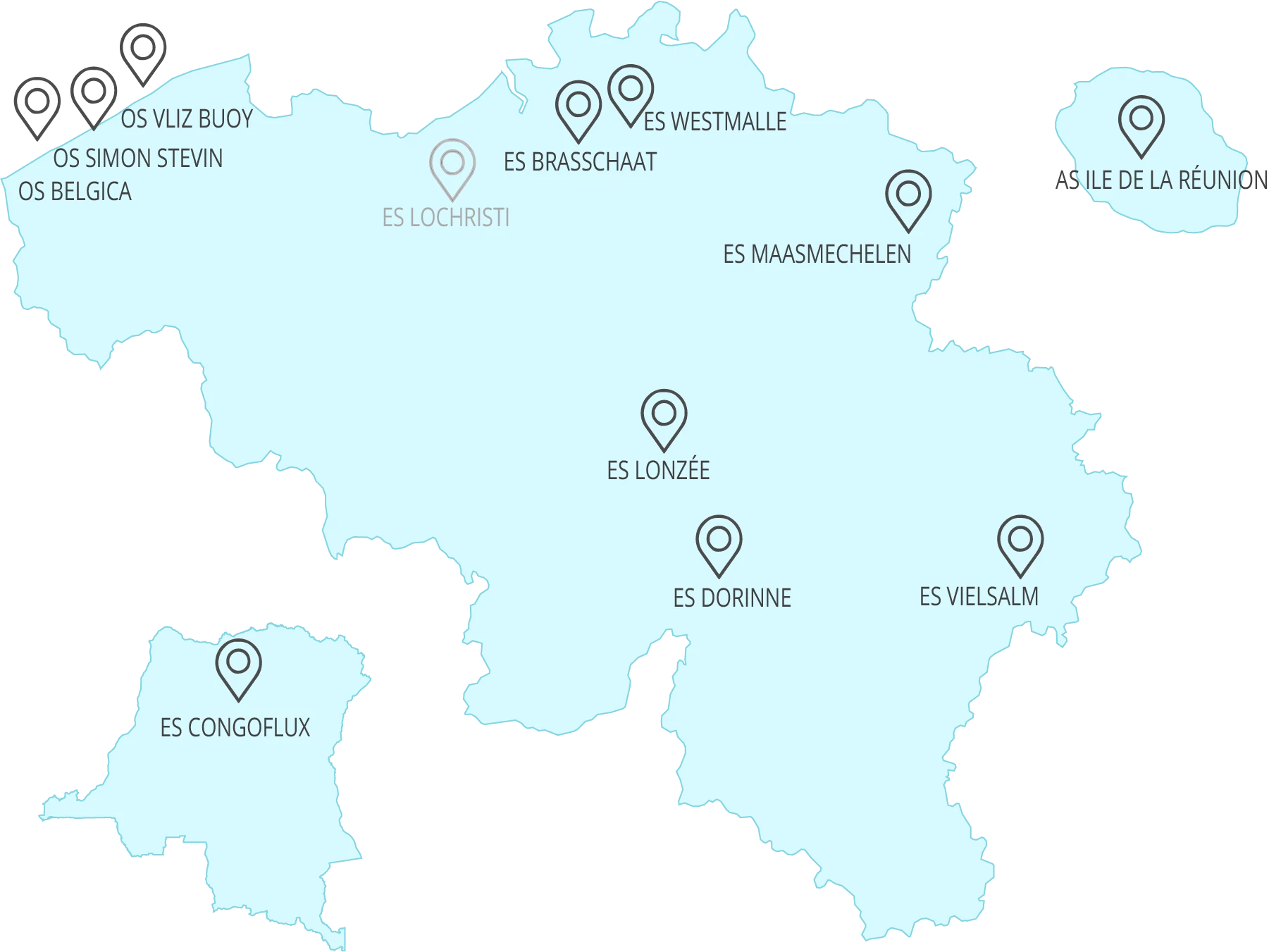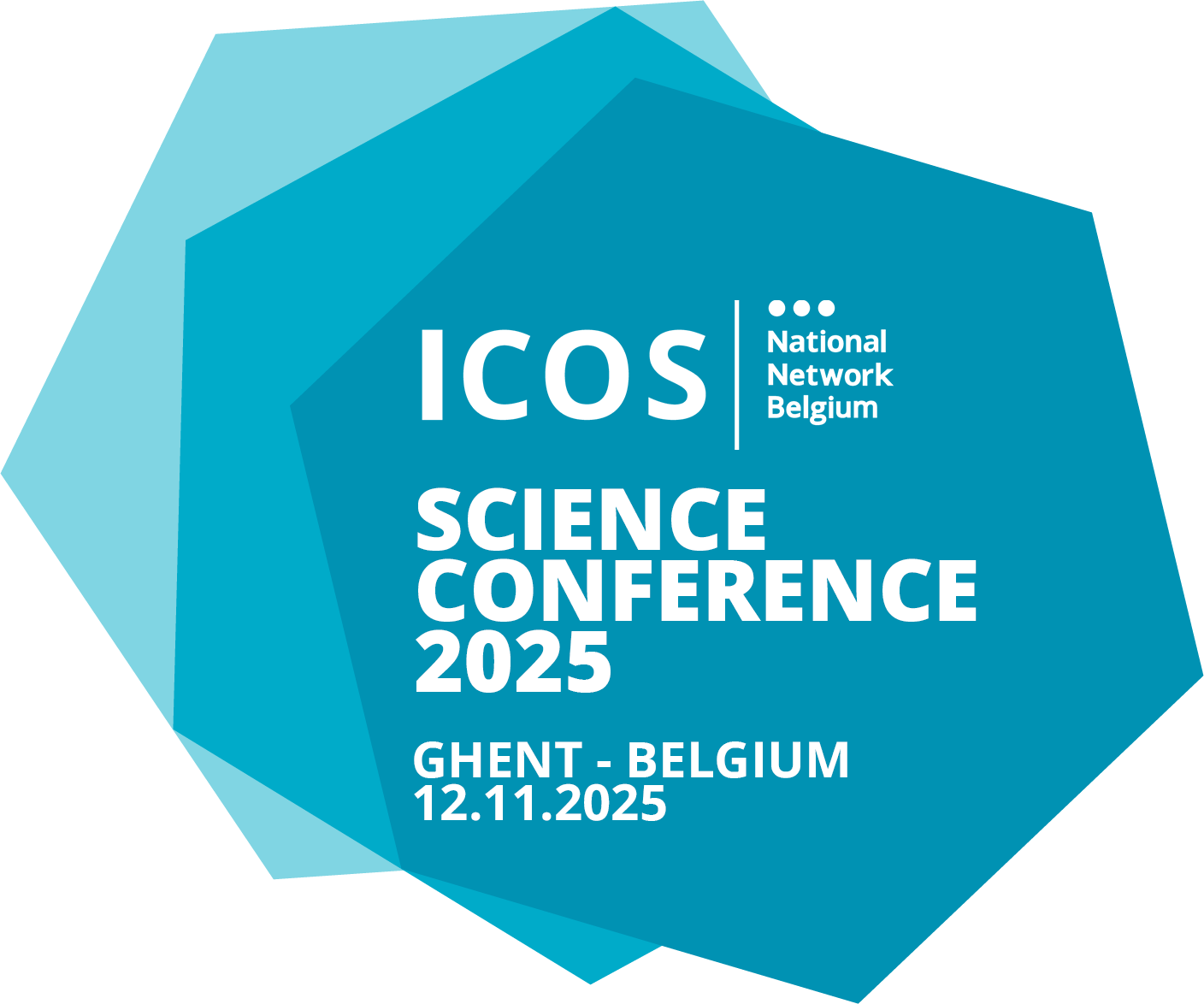Find out more about ICOS

ICOS, or the Integrated Carbon Observation System, is a European ERIC infrastructure providing standardised, high-precision, long-term observations of greenhouse gas concentrations and carbon fluxes across the atmosphere, ecosystems, and oceans.
With over 170 stations in 16 countries, ICOS delivers essential data for understanding carbon cycles, guiding climate models, supporting policy evaluation, and ensuring transparent public access.
Data that drives action
ICOS supplies reliable, harmonised datasets that support scientists, policymakers, and the general public to monitor greenhouse gas trends, identify key emission sources and sinks, and evaluate mitigation efforts.
This helps track progress toward global climate goals - including those under the Paris Agreement - and strengthens evidence-based decision-making.
Read more on the ICOS mission and activities on the ICOS website (www.icos-cp.eu).

ICOS-Belgium: a small country with a large impact
Belgium hosts 12 ICOS measuring sites, operated by seven research institutes and universities. Each station collects climate data in a unique ecosystem, together covering the three ICOS domains: atmosphere, ocean, and ecosystem.
Two of the longest-running forest flux sites in the world are located in Brasschaat and Vielsalm, where greenhouse gas fluxes are measured in mixed pine forests. In Maasmechelen, ICOS Belgium operates the first European heathland flux site. ICOS Belgium also runs four cropland flux sites: Dorinne (grassland), Lonzée (four-year crop rotation), and Westmalle (two sites on adjacent sides of the same agricultural field to evaluate management techniques).
The Belgian network also includes three oceanographic stations, measuring air-sea fluxes on board two research vessels - the RV Simon Stevin and RV Belgica - and at the Thornton Buoy, one of the few fixed oceanographic stations in Europe enabling continuous data transmission.
Finally, ICOS Belgium comprises two overseas stations: one in the Democratic Republic of the Congo, home to the first functional flux tower in the Congo Basin forest, and one on Réunion Island, the only ICOS atmospheric station in the Southern Hemisphere.
Want to know more? Make sure to take a look at the ICOS Belgium website

